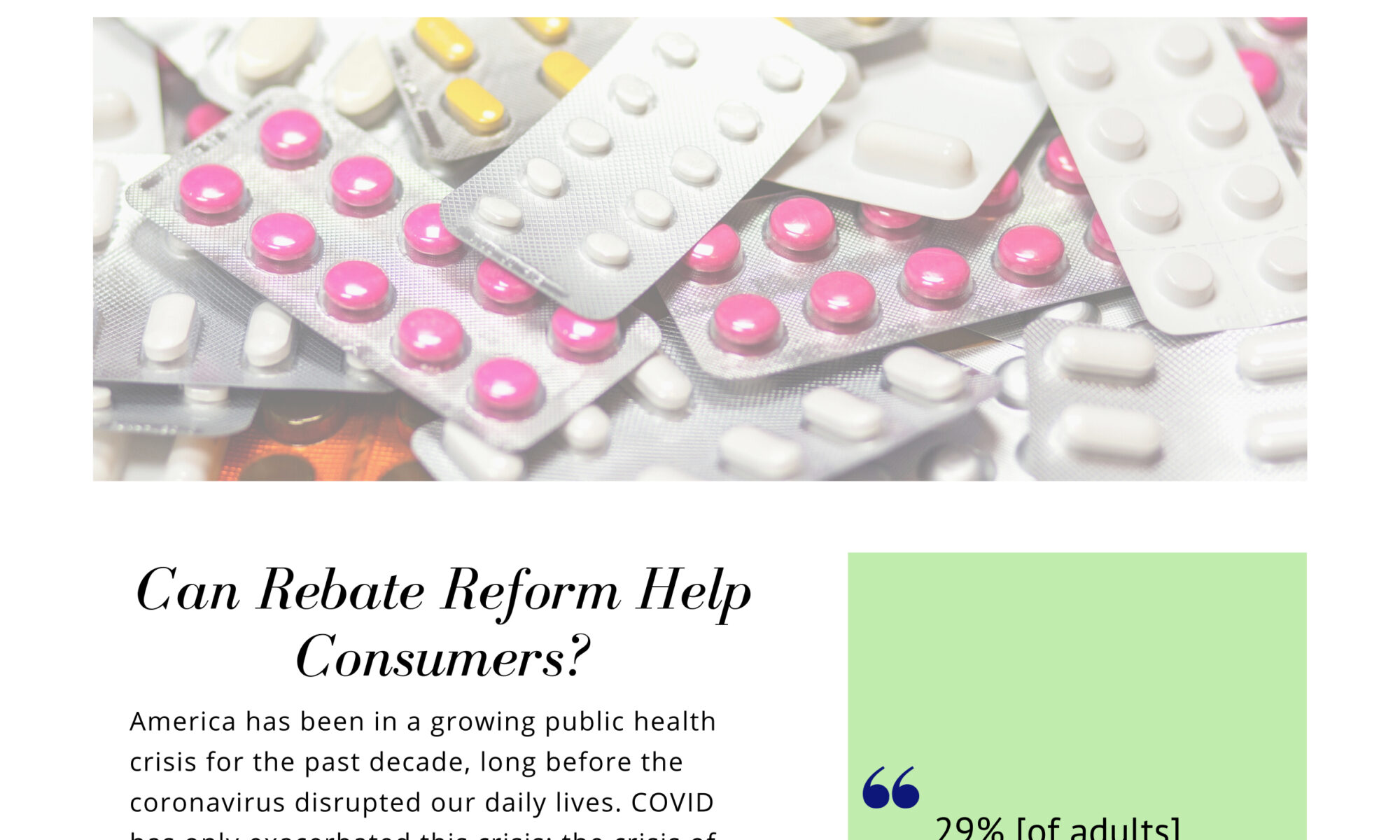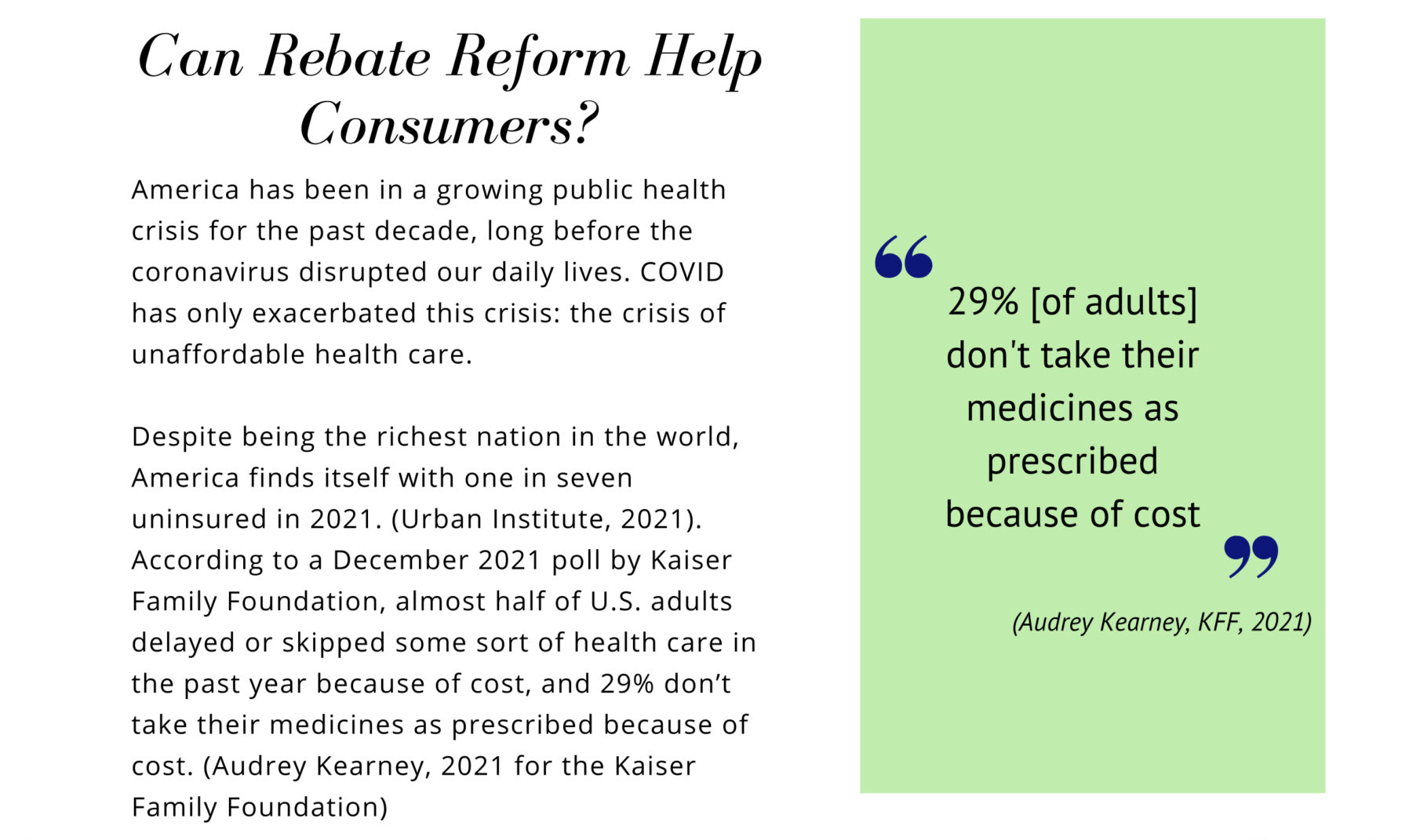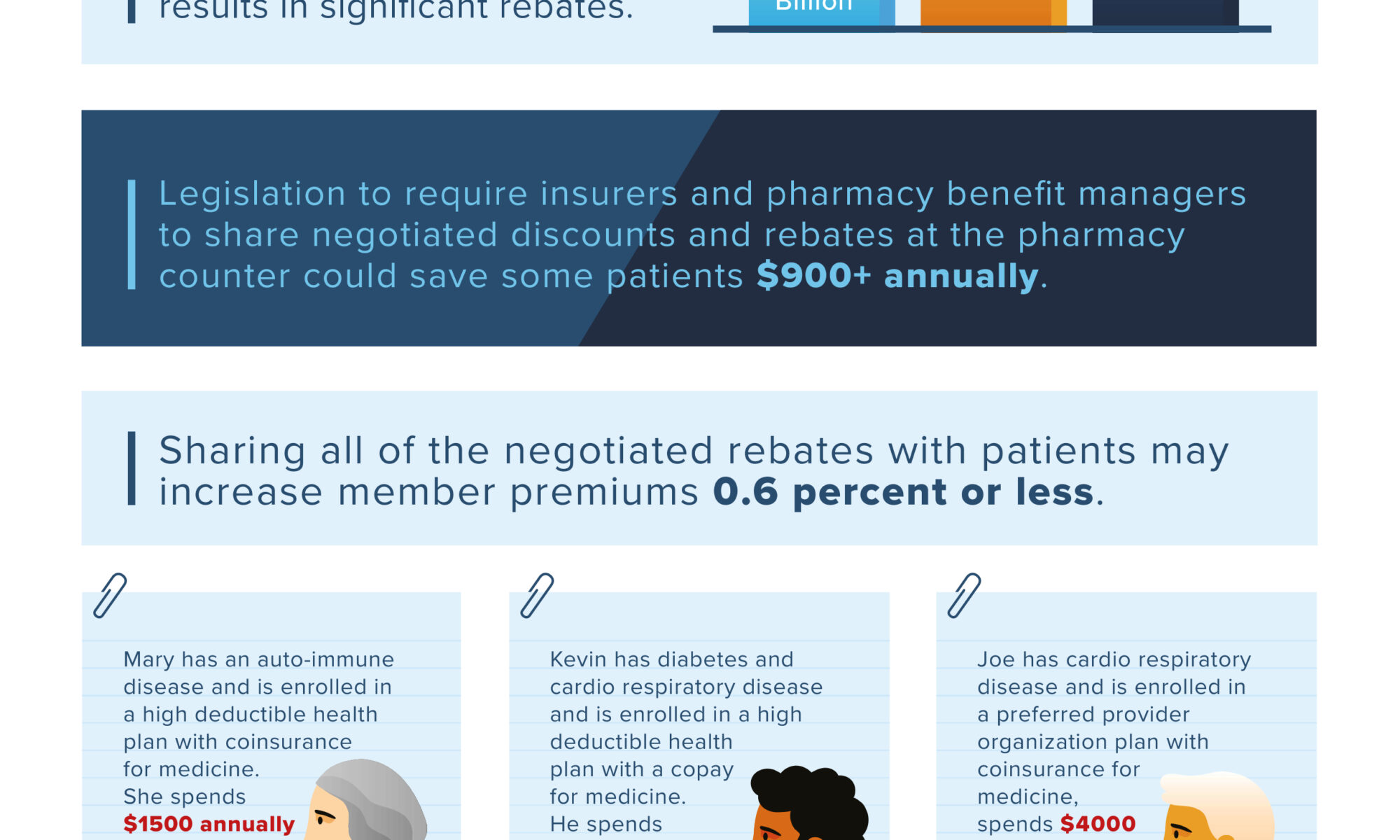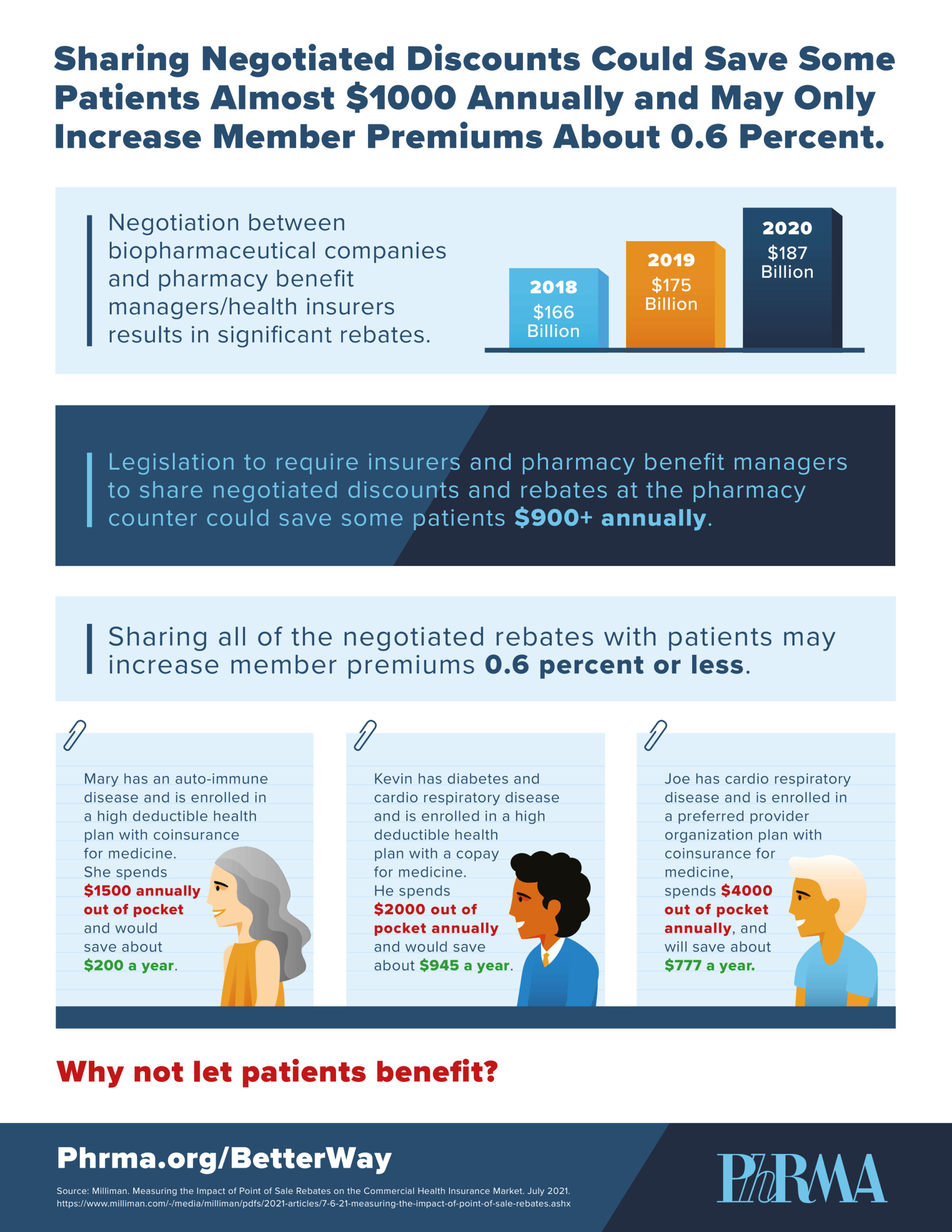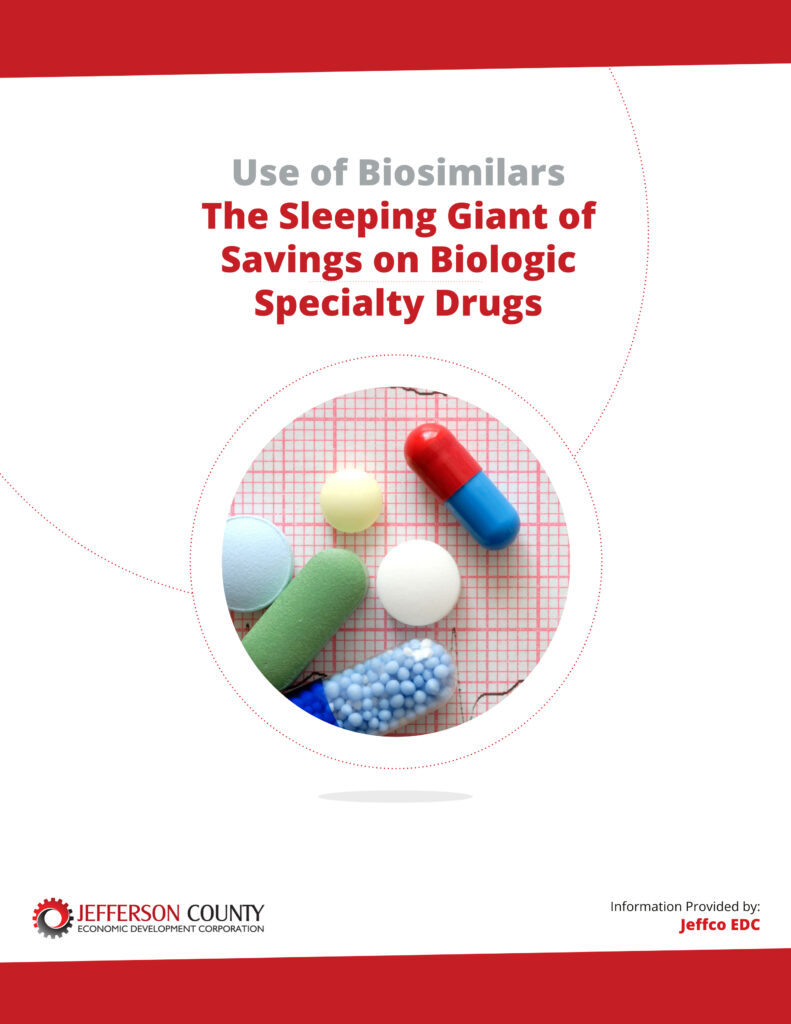How Bennet will help combat 'superbugs' in a post-COVID world

Christine MacBrayne
The early days of the COVID-19 pandemic sparked widespread alarm as to how infectious diseases spread. For most of us, COVID-19 was the first pandemic we lived through. Never had a sneeze or a cough from someone within six feet of us felt so dangerous and potentially infectious, or even deadly.
Public health experts and medical professionals like myself have learned a lot since COVID halted our day-to-day lives. The lessons learned are helping America’s infectious disease community identify and address other vulnerabilities in our health care system, leading to a rapidly growing recognition of the next new major threat in the United States healthcare system.
This threat is ‘superbugs.’





